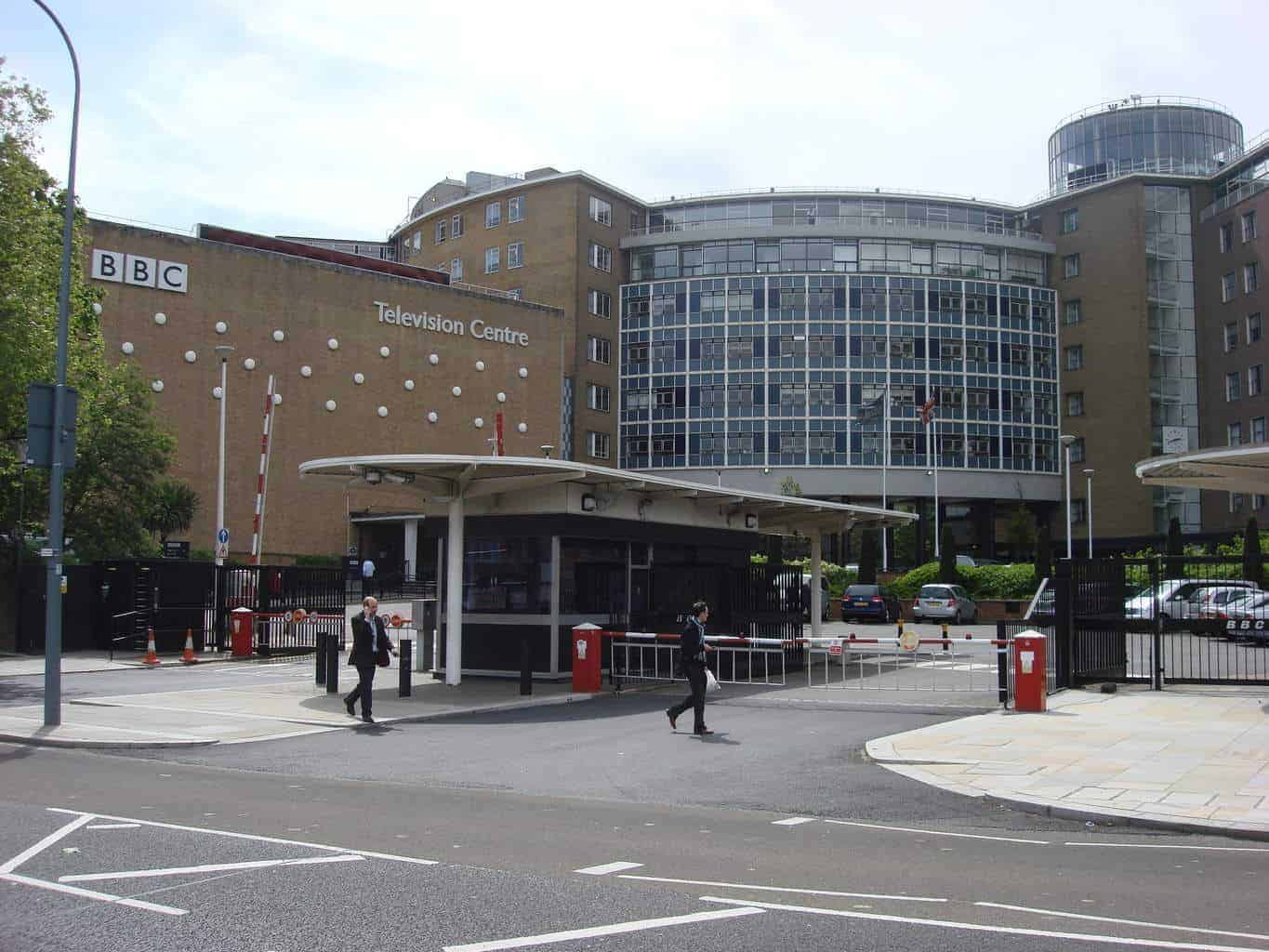Stanhope Plc (Stanhope) and Mitsui Fudosan UK are developing the BBC TV Centre project in London. Mace is the construction manager of the £400 million contract that consists of half a million square feet of office space, 950 homes, a new Soho House club, a hotel and more.
The scaffolding package has been awarded to Lyndon Scaffolding Plc (Lyndon). Lyndon says that it is the UK’s largest independent scaffolding contractor with over £38 million in sales per year. We asked Phil Smith, Lyndon’s regional manager about Lyndon’s role in the project and he gave us some insightful responses to our questions.
Q: Why do you think Lyndon was awarded the BBC TV Centre Project job?
Phil Smith: “Lyndon Scaffolding have a long and successful relationship with both the developer Stanhope and the BBC. Lyndon were the principal scaffolding contractor on the BBC Media City Project in Salford, the redevelopment of Portland Place in London and the Media Centre in White City. In addition to that, we tend to focus on supplying a quality product and service, rather than relying heavily on glossy websites and social media to gain attention.”
Q: Has Lyndon worked with Mace before and if so where and when?
Phil Smith: “Lyndon’s have worked with Mace on several projects; notably Birmingham New Street Station and Battersea Power Station. The scaffolding package for the BBC Television Centre is being placed through Lyons & Annoot Ltd, so although Mace are the principal contractor, we will not be working directly for them.”
Q: What resources in terms of men and materials will Lyndon have to deploy on the project and for how long?
Phil Smith: “We anticipate around 30 operatives for 12 months.”
Q: Is this going to be a system scaffold project, tube and fittings or a combination of both? Which system are you planning to use and why?
Phil Smith: “Tube and fitting for the access and loading scaffolds. Haki for the stair towers. This is a standard independent scaffold with multiple interface requirements to service several applications; including a complex hoist run-off tower. A system scaffold was therefore not viable for the plethora of user requirements given to us.”
Q: Is there any particular challenge with this project that you will have to work with and how are you planning on overcoming it?
Phil Smith: “Labour resourcing is always an issue. We only employ directly employed scaffolders, so putting the problem on-to a labour agency is not an option for us. Although we have been developing this scheme for over six months, like any job, we couldn’t source labour either internally or externally until we received an order and agreed a programme. With around 550 scaffolders nationwide and around 140 in London, we have a huge pool of labour resources and management support. In addition, planned recruitment at all levels, with in-house and on-going training is a priority for us.”
Q: Are you experiencing any particular operational challenges in the economy right now, such as availability of labour, materials, transport or other?
Phil Smith: “Labour is always an issue. Supply isn’t the problem, but the quality of labour is; something that will steadily decline further as labour agencies become a more and more common platform for construction workers to be employed.”
The first phase of the BBC TV Centre project is scheduled to be completed in 2017.
By Ian McInnes


